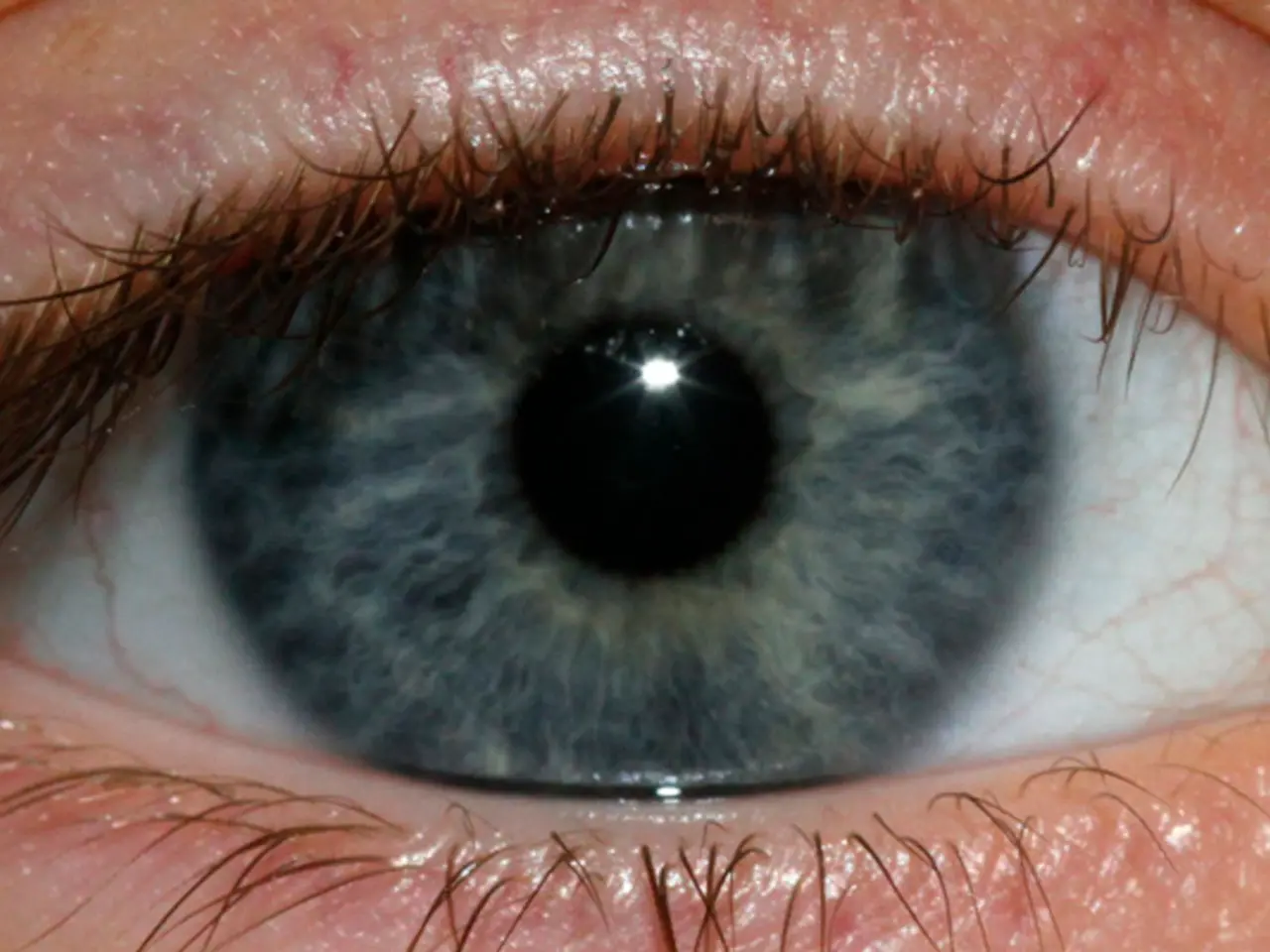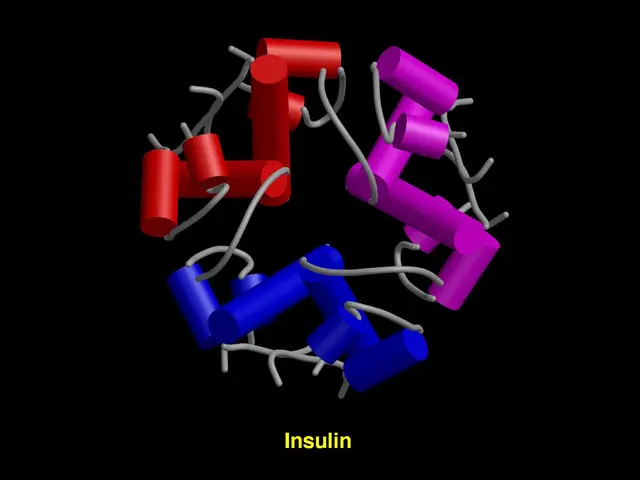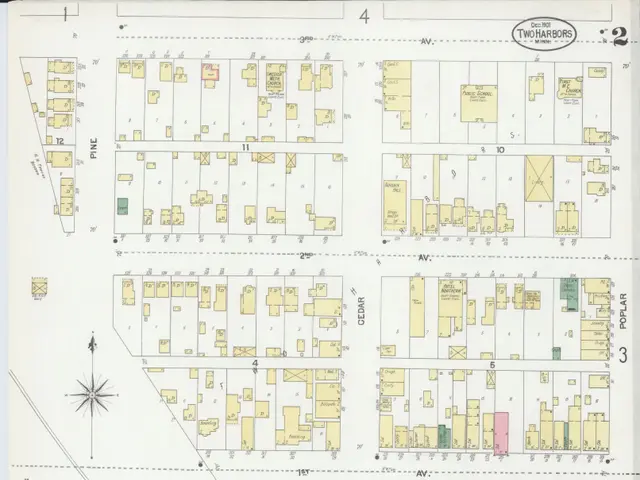Regular Eye Checks Crucial for Children's Vision
Regular eye checks are crucial for children's visual health. Pediatric eye exams help detect and treat potential issues early, ensuring clear vision and preventing future problems.
Eye tests for newborns involve checking eye alignment and responsiveness to light and touch. From 1 to 3 years, providers monitor eye development and may refer to a specialist for issues like lazy eye or crossed eyes. A pediatric eye exam begins with a discussion about the child's health, vision concerns, and family history.
The American Academy of Ophthalmology and Dr. Elias Traboulsi recommend exams at birth, 6 to 12 months, 1 to 3 years, and at school entry. After age 5, exams should occur every two to three years. Even if there are no symptoms, comprehensive exams can detect potential vision problems. Between 6 and 12 months, tests include evaluations of eye movement and muscles. Between 3 and 5, visual acuity and color blindness tests may be conducted.
Pediatric eye exams are vital for maintaining children's visual health. Regular checks ensure early detection and treatment of potential issues, making them an essential part of preventive healthcare.








